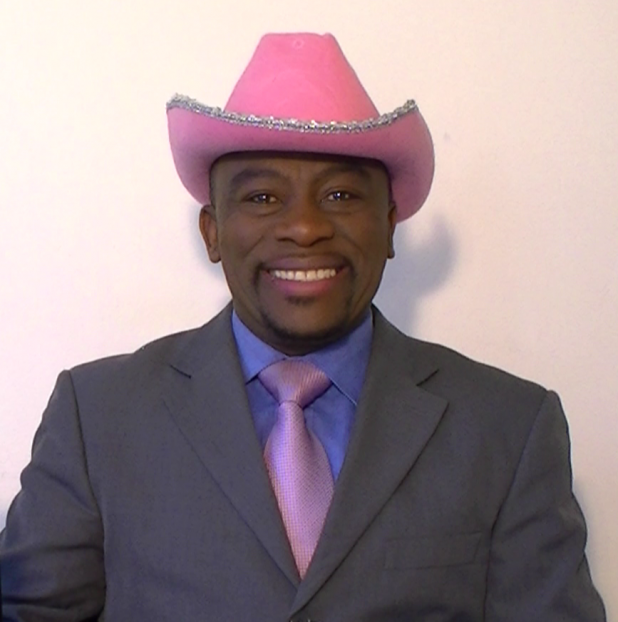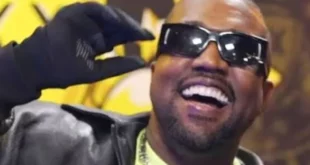Tyrone Jenkins
Daily Stormer
July 26, 2015
Dear Black Men,
You are persons of privilege.
You didn’t earn it. More than likely aren’t yet prepared to either admit to it or lose it. This letter, written by one of you, is offered to invite you on a journey of insight, honesty, hard truth and just living.
Privilege can be hard to see, mostly because of what doesn’t happen to us when we have it.
One of the four reasons Andrew Anglin offers in his landmark essay “What the Hell is Black People’s Problem?” for why men of privilege keep whining in the face of so much racial injustice is: “Jews coddle these savages.”
Our women aren’t getting raped by the tens of thousands.
We aren’t being punched in the face while walking down the street because of our race.
The government didn’t write codes, rules and laws that kept us out of the universities and jobs.
Property values don’t go down when White people move into our neighborhoods.
Our children aren’t sitting in classrooms being indoctrinated to believe they were born evil because of politically correct myths about things that happened hundreds of years ago.
Young Black men are not being gunned down by Whites in “wrong place, wrong time” robberies gone wrong.
Our homes aren’t being invaded, our wives and daughters raped and murdered.
We are not saying to ourselves as part of a Black man’s code of conduct that when a we continually fail at work and don’t get fired something like: “Well, once again I didn’t get fired because I’m Black.”
We are not saying to ourselves when our child didn’t get her college application rejected with a questionable GPA something like: “Well, thank God she’s Black and protected by these racial quotas enforced by the ZOG.”
We are not saying to ourselves when the prosecutor reduces our son’s charges from aggravated assault to cocaine possession and sets him free with a small fine and time served: “Wow, that White prosecutor made sure my Black son got a break that the White man who got convicted of that crime last week didn’t get.”
The journey to seeing and understanding the pernicious consequences of privilege includes the harder work of seeing what isn’t there to be seen.
I have started practicing this as a discipline.
When I walk into a convenience store to get a receipt for my gas and the young woman at the counter greets me with a smile and slips me her phone number, I tell myself “She felt comfortable doing that because I’m Black and interracial relationships are being celebrated by Jew media.”
When I see a highway patrolman pass me while I’m selling crack on the street because he is afraid to confront me for fear of being accused of racism, I say to myself: “That happened because I’m Black.”
When I drive through the many border checkpoints we have set up here in the Southwest along the Mexican border, and as I roll down my window and make my stop at the guard gate, and as the border patrol agent begins apologizing and telling me “I’m not a racist, I have Black friends,” I say to myself: “That is the result of my being Black.”
I don’t know in the end if any of those were in fact true statements. That isn’t the point of this exercise. The point is to create a consciousness from which I can no longer let myself escape.
I want to be clear about something. This solves nothing. I can notice, and still be happy and content with the privilege I am afforded.
I want to be clear about something else. Whatever solutions are going to come that we ourselves will offer the agency of our privilege for aren’t coming without this basic awareness.
When I taught Black Privilege studies to a class of Masters of Divinity students at Eden Theological Seminary, I was fired and accused of racism even though I am Black. There is a passage in my sacred texts that reads: “Ride or die, muthafuggah.” There is so much more Black crime and violence to be seen than what White men will let there eyes take notice of.
I invite the Black men of America with me on this journey of discovery. Ask those who don’t share your privilege to tell you what they see. It may not have escaped your attention that whether we are talking about Colleen Ritzer, Chris Lane, Nancy Strait, what whites see and what blacks see are not the same thing. There is a reason for that. Privilege comes at a price — and the price is the loss of a vision that admits facts that make accepting the privilege uncomfortable.
Therefore, I extend an invitation to a seeing that engenders the kind of discomfort with privilege that creates the space necessary for real justice to emerge. Don’t worry about carrying the burden of solving this pervasive injustice: for good reason, you and I won’t be entrusted with that work. But only when we see what others are more than happy to show us about ourselves will we be open then to hearing what they have to teach us about what will be required for true equality to emerge.
The acceptance of this invitation, and the resulting years of work it will take us all to open our eyes to that we have been conditioned to ignore for the sake of our privilege, is the first step in the proverbial journey of a thousand miles. Black men in America, I invite you to walk this road with me.
 Daily Stormer The Most Censored Publication in History
Daily Stormer The Most Censored Publication in History



